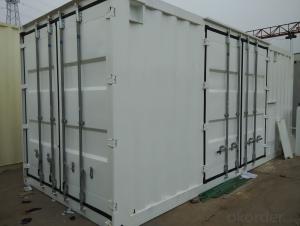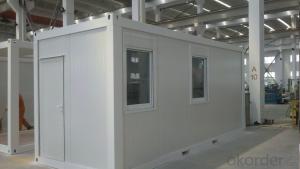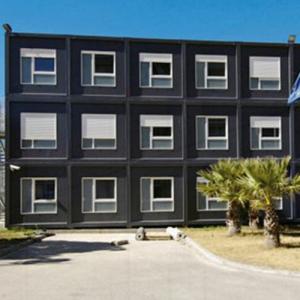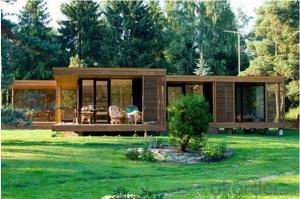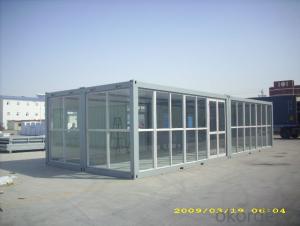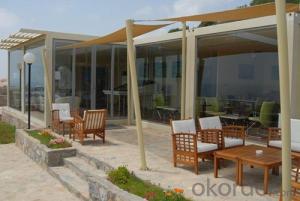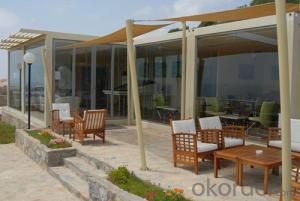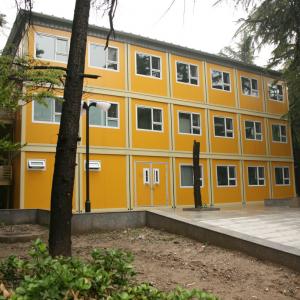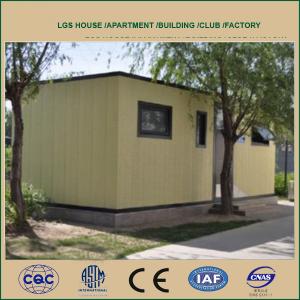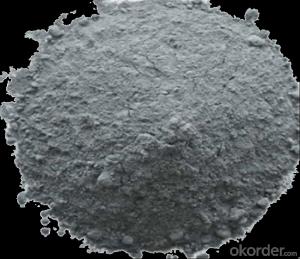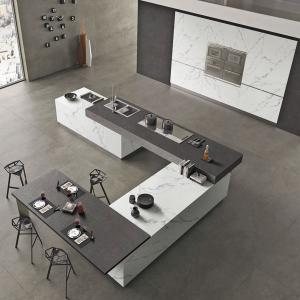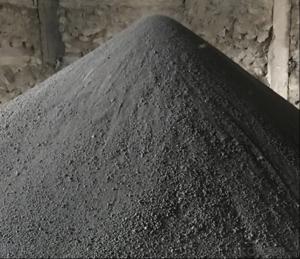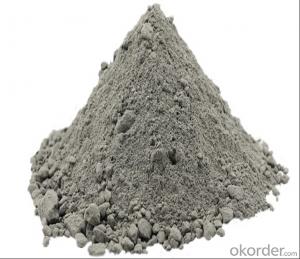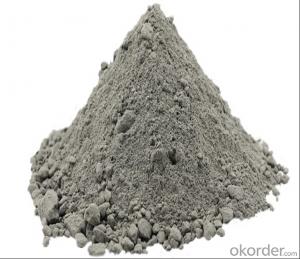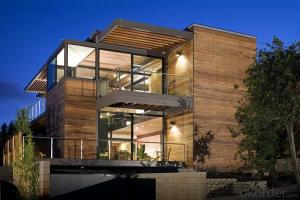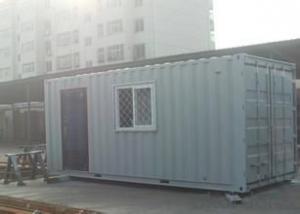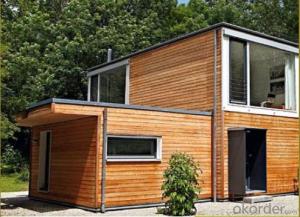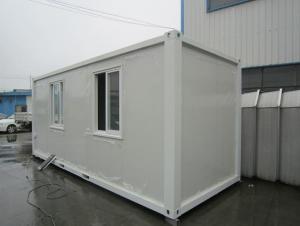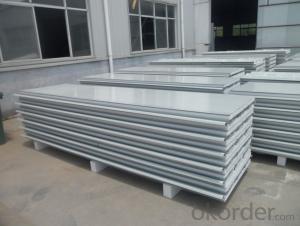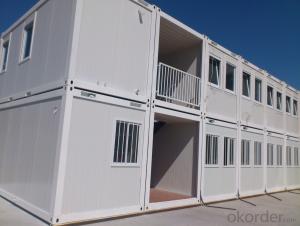Popular Sold Prefabricated Container House
- Loading Port:
- Tianjin
- Payment Terms:
- TT OR LC
- Min Order Qty:
- -
- Supply Capability:
- 20000 Set set/month
OKorder Service Pledge
OKorder Financial Service
You Might Also Like
Popular Sold Prefabricated Container House
1.Advantages of flatpack container house Features:
Efficient transportation
Fast construction
Flexible combination
Cost saving
Green & Sustainability
2. General information:
| Item | Description |
| Name | prefab shipping container homes |
| Structure |
|
| Wall Panel |
|
| Insulation |
|
| Electrical |
|
| Door |
|
| Window |
|
- Q:Are container houses resistant to floods or water damage?
- Floods or water damage can be resisted by container houses if they are designed accordingly. Waterproofing and flood resistance can be achieved through the use of appropriate construction techniques and materials. The primary concern is to ensure the proper sealing of the containers and the implementation of effective water drainage systems. Furthermore, elevating the containers on a raised foundation or incorporating flood-resistant designs can provide an additional level of protection against flooding. It should be emphasized that the specific location and severity of the flood must also be taken into account when considering the flood resistance of container houses.
- Q:Can container houses be designed with multiple floors?
- Yes, container houses can be designed with multiple floors. While the basic structure of a container is typically designed to be stacked horizontally, it is possible to modify and stack them vertically to create multi-story container houses. This can be achieved by reinforcing the containers and adding additional structural supports to ensure stability and safety. By stacking the containers, it is possible to create multiple levels within the house, providing more living space and allowing for a variety of room configurations. However, it is important to work with a professional architect or engineer who has experience in designing multi-story container houses to ensure proper structural integrity and compliance with building codes and regulations.
- Q:Can container houses be designed with a kitchen island or breakfast bar?
- Yes, container houses can definitely be designed with a kitchen island or breakfast bar. Container houses can be customized and designed to meet the specific needs and preferences of the homeowner, including incorporating kitchen islands or breakfast bars. These features can be added to enhance the functionality and aesthetics of the kitchen space within a container house.
- Q:Can container houses be designed with a sustainable water system?
- Container houses have the potential to incorporate a sustainable water system, and there are multiple approaches to achieve this goal. One possibility is the installation of a rainwater harvesting system, which involves collecting rainwater from the container house's roof and storing it in tanks or cisterns. This collected rainwater can serve various purposes, including flushing toilets, watering plants, and even drinking after undergoing proper filtration and treatment. By adopting this system, reliance on municipal water supply is minimized, thereby conserving water resources. Another option for sustainable water management in container houses is the utilization of greywater recycling. Greywater encompasses the wastewater generated from sinks, showers, and washing machines. Instead of allowing this water to go to waste, it can be treated and repurposed for non-potable uses, such as irrigation, toilet flushing, and cleaning. By implementing greywater recycling systems, container houses can capture, treat, and store greywater for reuse, thus alleviating the strain on freshwater resources. Moreover, container houses can integrate efficient plumbing fixtures and appliances that promote water conservation. By employing low-flow toilets, faucets, and showerheads, water consumption can be significantly reduced without compromising performance. Additionally, energy-efficient dishwashers and washing machines can contribute to water conservation by utilizing less water per cycle. It is essential to acknowledge that the design and implementation of a sustainable water system for container houses will vary based on factors such as location, climate, and individual preferences. Seeking guidance from professionals specializing in sustainable design and water management can assist in tailoring the water system to meet the specific needs and limitations of the container house.
- Q:Are container houses suitable for remote work or home office setups?
- Yes, container houses can be suitable for remote work or home office setups. Container houses are versatile and can be customized to suit individual needs and preferences. They provide a unique and stylish option for creating a comfortable and functional workspace. One of the key advantages of container houses is their portability. They can easily be transported to remote or off-grid locations, making them ideal for those seeking a peaceful and secluded work environment. Furthermore, their compact size ensures that they can be set up quickly and easily, saving time and effort. Container houses can also be modified to include all the necessary amenities for a productive home office setup. They can be equipped with electricity, heating, and cooling systems, as well as insulation to ensure a comfortable working environment in any climate. Additionally, they can be designed with ample natural light and ventilation, which are essential for enhancing productivity and well-being. Moreover, container houses can be customized to fit specific work requirements. They can be designed with multiple rooms or partitions, allowing for separate workspaces or meeting areas. Additionally, they can be expanded or connected to create a larger office space if needed. In terms of cost, container houses are generally more affordable compared to traditional construction methods. They offer a cost-effective solution for those looking to set up a remote work or home office space without breaking the bank. Additionally, container houses are eco-friendly, as they are repurposed from shipping containers, contributing to sustainability efforts. Overall, container houses are a suitable option for remote work or home office setups. They provide flexibility, portability, customization options, and cost-effectiveness, making them a practical and efficient choice for individuals looking to create a comfortable and productive workspace in remote locations.
- Q:Are container houses suitable for eco-friendly living?
- Container houses can indeed be a suitable option for eco-friendly living. These houses are made from repurposed shipping containers, which reduces the demand for new construction materials and minimizes waste. By reusing these containers, we are effectively recycling and reducing the carbon footprint associated with traditional housing construction. Additionally, container houses can be designed to be energy-efficient. With proper insulation and ventilation systems, these houses can effectively regulate temperature, reducing the need for excessive heating or cooling. This helps to conserve energy and lower greenhouse gas emissions. Furthermore, container houses lend themselves well to incorporating sustainable features. They can be equipped with solar panels to generate clean, renewable energy, reducing reliance on fossil fuels. Rainwater harvesting systems can also be installed, enabling homeowners to collect and reuse water, conserving this valuable resource. Container houses also promote sustainable living by encouraging minimalist lifestyles. The limited space within these houses encourages individuals to declutter and live with less, reducing consumption and waste. This minimalist approach aligns well with eco-friendly living principles. However, it is important to note that the sustainability of container houses is also dependent on the materials and practices used during the conversion process. It is essential to ensure that eco-friendly materials are used for insulation, flooring, and finishes, and that the conversion process itself is carried out in an environmentally responsible manner. Overall, container houses can be a suitable option for eco-friendly living. They offer the benefits of recycling and reducing waste, energy efficiency, and the potential for incorporating sustainable features. However, it is important to consider the entire lifecycle of the house, from construction to ongoing maintenance, to ensure that it truly aligns with eco-friendly living principles.
- Q:Can container houses be easily expanded in the future?
- Yes, container houses can be easily expanded in the future. One of the main advantages of using shipping containers as building materials is their modular nature. Containers can be stacked or joined together to create larger living spaces, allowing for easy expansion. Additionally, containers can be easily modified and adapted to fit the specific needs of the homeowner. By adding more containers, walls, or cutting out sections, the size and layout of the house can be adjusted according to the requirements of the occupants. This flexibility makes container houses an excellent option for those who anticipate future expansion or changes in their living arrangements.
- Q:Can container houses be designed for agricultural or farming purposes?
- Yes, container houses can be designed for agricultural or farming purposes. The versatility of container houses makes them suitable for a variety of applications, including agriculture and farming. Container houses can be customized and modified to meet the specific needs of farmers and provide a comfortable and efficient space for various agricultural activities. Container houses can serve as farm offices, storage facilities, or even as living spaces for farmers and farmworkers. With proper insulation, ventilation, and electrical installations, container houses can provide a suitable environment for storing agricultural equipment and supplies. They can also be used as temporary housing for seasonal workers or as permanent residences for farmers. Moreover, container houses can be easily transported and assembled, allowing farmers to have flexible and portable structures on their agricultural land. This flexibility is particularly advantageous for farmers who need to move their operations or expand their farming activities in different locations. In addition, container houses can be equipped with hydroponic or aquaponic systems, enabling farmers to grow crops without soil or with minimal water usage. These systems can be integrated into the design of container houses, creating an efficient and sustainable environment for cultivating crops. Overall, container houses offer a cost-effective and adaptable solution for agricultural and farming purposes. They can be customized to meet the specific needs of farmers, provide a comfortable living or working space, and facilitate sustainable farming practices.
- Q:Are container houses suitable for vacation rentals?
- Yes, container houses can be suitable for vacation rentals. They offer a unique and modern accommodation option that can attract adventurous and eco-conscious travelers. Container houses are often cost-effective, easily transportable, and can be customized to create comfortable living spaces. Additionally, their compact size can be appealing for those seeking a cozy and intimate vacation experience.
- Q:Can container houses be built with a washer and dryer?
- Yes, container houses can be built with a washer and dryer. While the space inside a container may be limited, there are creative ways to incorporate these appliances into the design. For smaller container houses, a combination washer and dryer unit, commonly known as a washer-dryer combo, can be installed to save space. This type of unit allows both washing and drying functions in a single appliance. Additionally, some container house designs include a separate laundry area or a designated space for a stackable washer and dryer setup. With careful planning and utilization of the available space, container houses can definitely accommodate a washer and dryer.
1. Manufacturer Overview |
|
|---|---|
| Location | |
| Year Established | |
| Annual Output Value | |
| Main Markets | |
| Company Certifications | |
2. Manufacturer Certificates |
|
|---|---|
| a) Certification Name | |
| Range | |
| Reference | |
| Validity Period | |
3. Manufacturer Capability |
|
|---|---|
| a)Trade Capacity | |
| Nearest Port | |
| Export Percentage | |
| No.of Employees in Trade Department | |
| Language Spoken: | |
| b)Factory Information | |
| Factory Size: | |
| No. of Production Lines | |
| Contract Manufacturing | |
| Product Price Range | |
Send your message to us
Popular Sold Prefabricated Container House
- Loading Port:
- Tianjin
- Payment Terms:
- TT OR LC
- Min Order Qty:
- -
- Supply Capability:
- 20000 Set set/month
OKorder Service Pledge
OKorder Financial Service
Similar products
New products
Hot products
Related keywords
